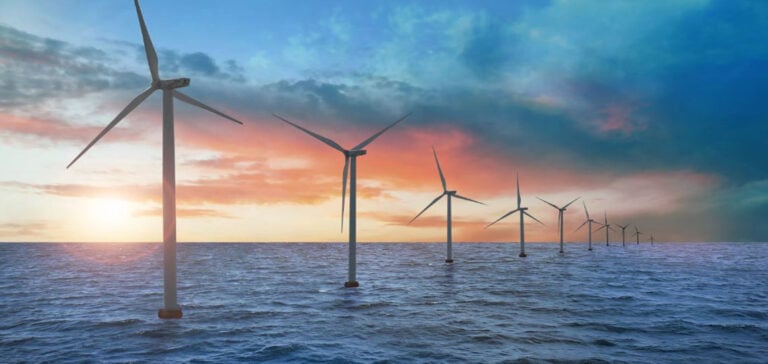The Finnish government has taken a significant step towards the development of offshore wind power. It’s an initiative that could change the dynamics of energy production in the Baltic Sea. In fact, this strategic action is one of the objectives of the government’s program to establish a sustainable energy policy.
Composition and mission of the Interministerial Working Group
A working group made up of experts from a variety of governmental and industrial backgrounds has been set up with the aim of strengthening Finland’s competitiveness in offshore wind energy. Similarly, this group is mandated to establish a framework that encourages the development of this industry, under the leadership of leading figures such as Outi Vilén and Olli Salo.
Legislative project for clear regulations
At the same time, the Ministry of Economic Affairs and Employment is working on a bill to clarify the regulations governing offshore wind energy. In addition, this project aims to adapt legislation to the specificities of offshore wind power, with a particular focus on the allocation of maritime zones and project authorizations.
The importance of stakeholder participation
The legislative process is accompanied by a call for active stakeholder participation. This underlines the government’s participatory approach. Indeed, a first event on Teams is planned to initiate dialogue with stakeholders, an essential step towards inclusive legislative reform.
Infrastructure and Operating Environment for Offshore Wind Energy
Successful integration of offshore wind power also depends on the right infrastructure and a stable operating environment. These are aspects that the working group is focusing on to ensure the efficient deployment of future offshore wind farms.
Towards a Future of Innovation and Energy Sustainability
Finland is moving into an era of innovation, with offshore wind power at the forefront of its energy agenda. However, this commitment to sustainable energy solutions heralds a promising future for Finland and could inspire other nations.






















